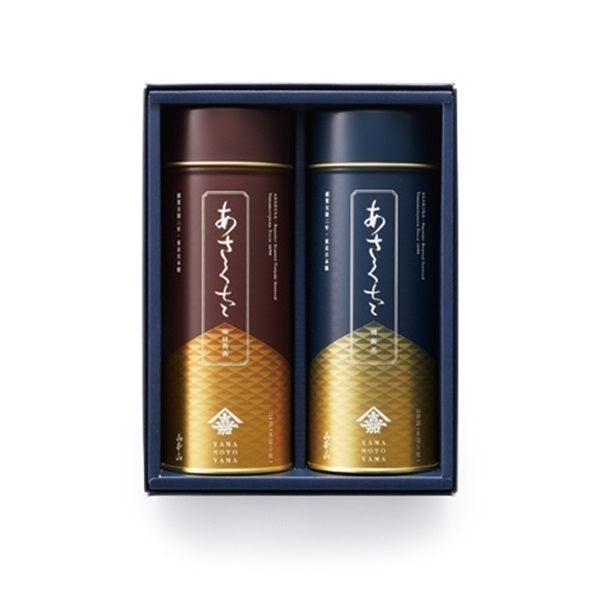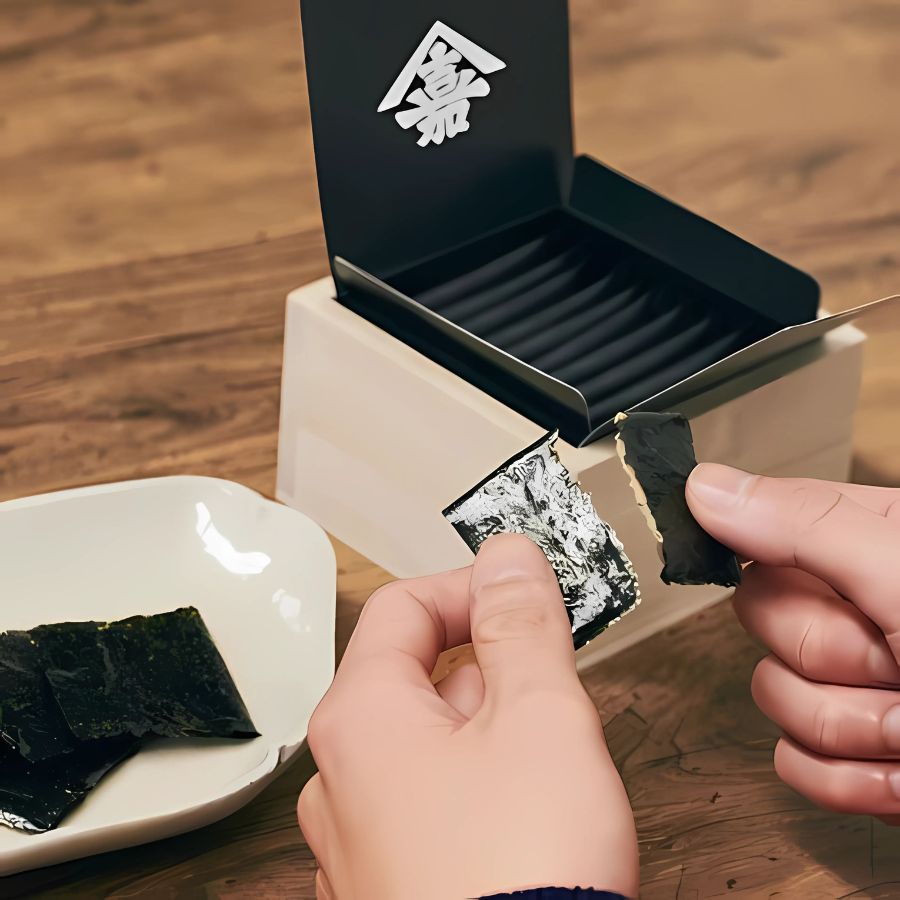
The hidden meaning behind gifts: Explaining the difference between gifts and presents
Gift-giving is an ancient Japanese culture in which the act of giving a gift comes with the obligation to give something in return.
Gifts are given on various occasions, such as summer gifts and wedding presents.

During the Edo period, there were books called "girihike" that recorded detailed records of gifts, such as when, who gave what, for what purpose, and how much was given. These were said to be references when giving gifts at a later date.
This made gift-giving an important part of maintaining social ties and building trust among people.

On the other hand, a "tsuketsuke" was a more casual gift given to express small feelings of gratitude, rather than one that expected a gift in return like a gift.
For example, giving a souvenir from your trip to a neighbor in return for the vegetables they give you.
In this way, although gifts and tributes are the same gift, their nature and purpose were clearly distinguished.
However, gift-giving has changed dramatically in modern times.

Gift-giving, particularly between companies, is often done as a means of maintaining business relationships, and the deeper meaning of gifts that create an obligation to give in return has faded.
In addition, the types of gifts have become more diverse, allowing people to choose freely depending on the recipient and the situation.

Amid these changes, the distinction between gifts and tutoring has become blurred, and there are increasing cases where the two concepts are confused, but this does not necessarily mean that it is good or bad.
Rather than shying away from the formality of gift-giving, I would like to see the culture of giving gifts in a more casual way that adapts to the changing times, and continue on as long as possible.
Whether it is a gift or a present, the underlying principle is a feeling of gratitude towards the giver.


















